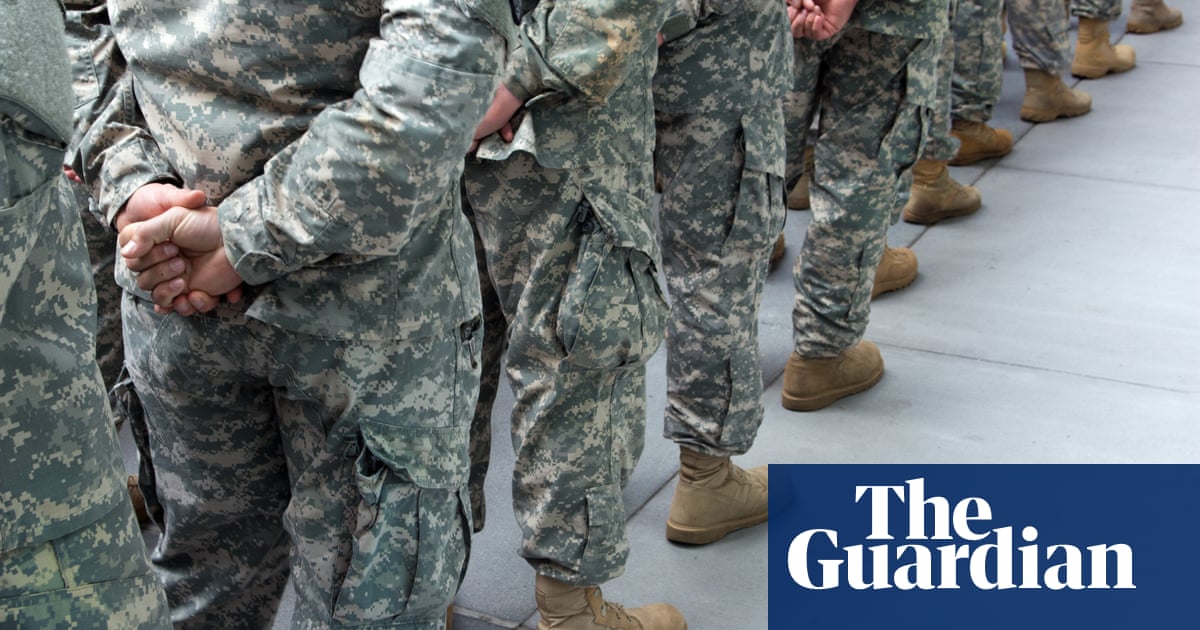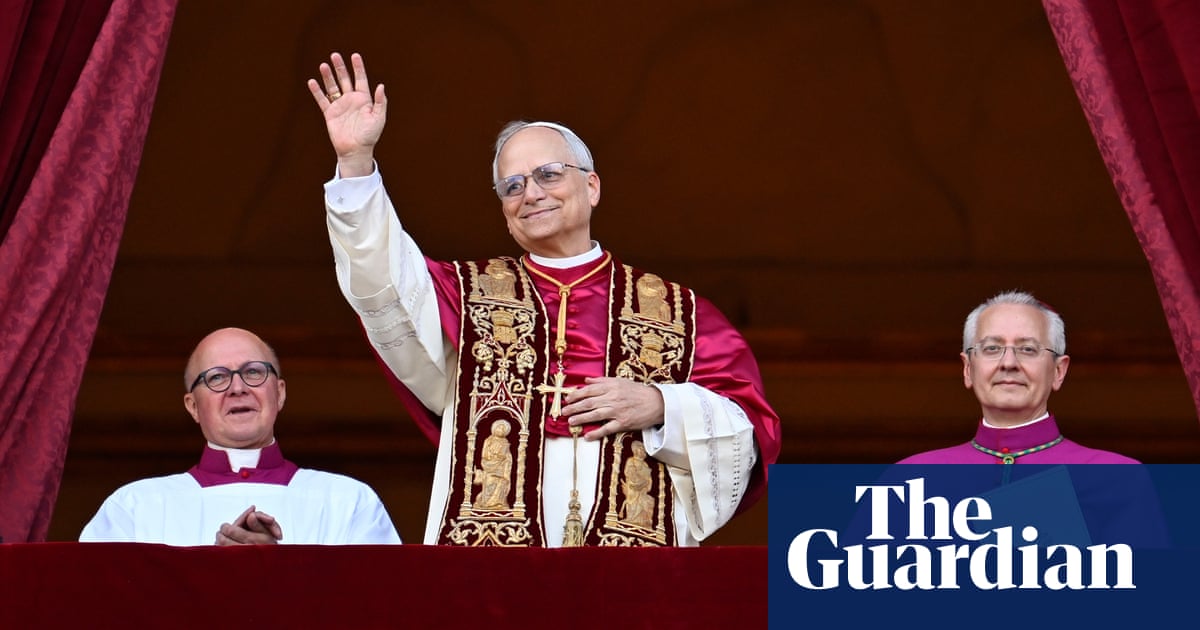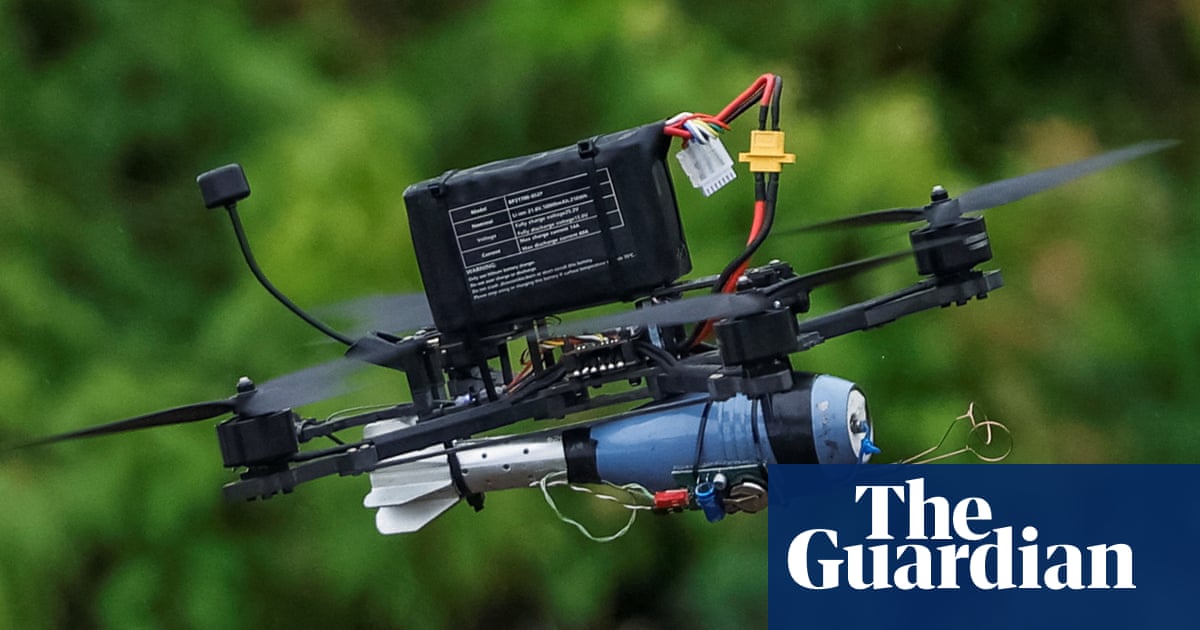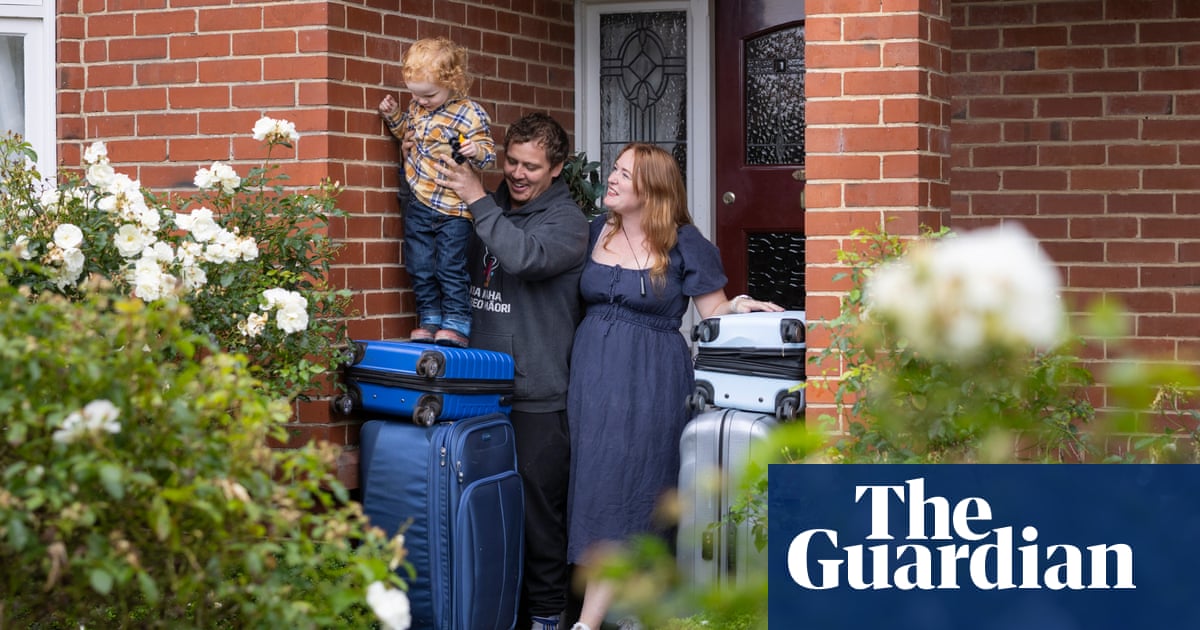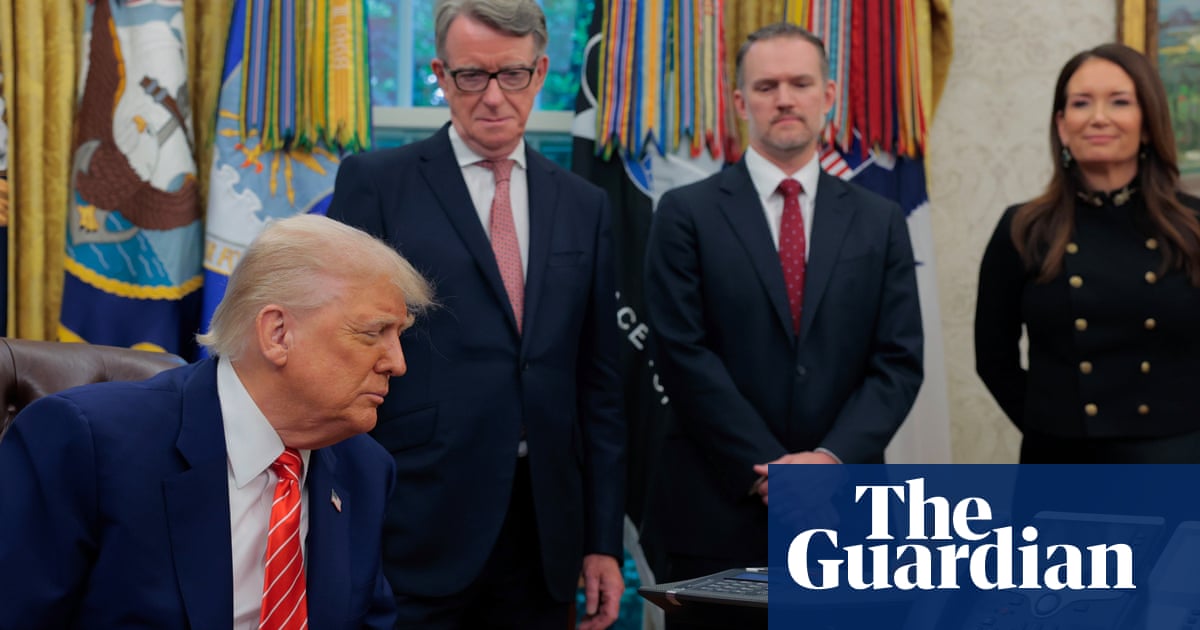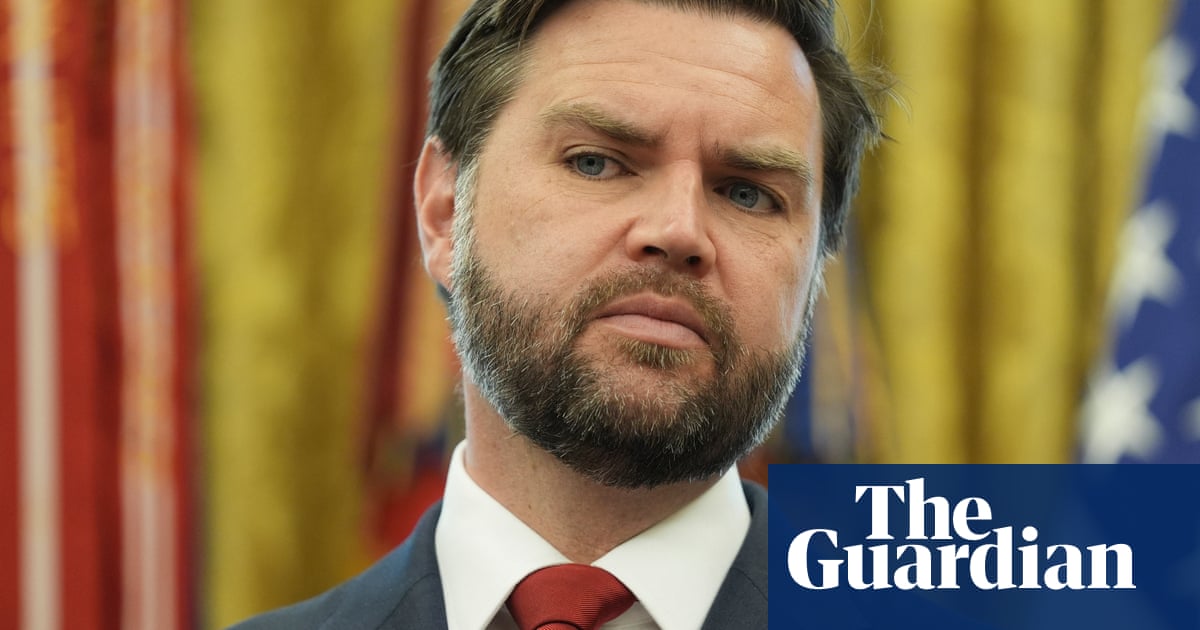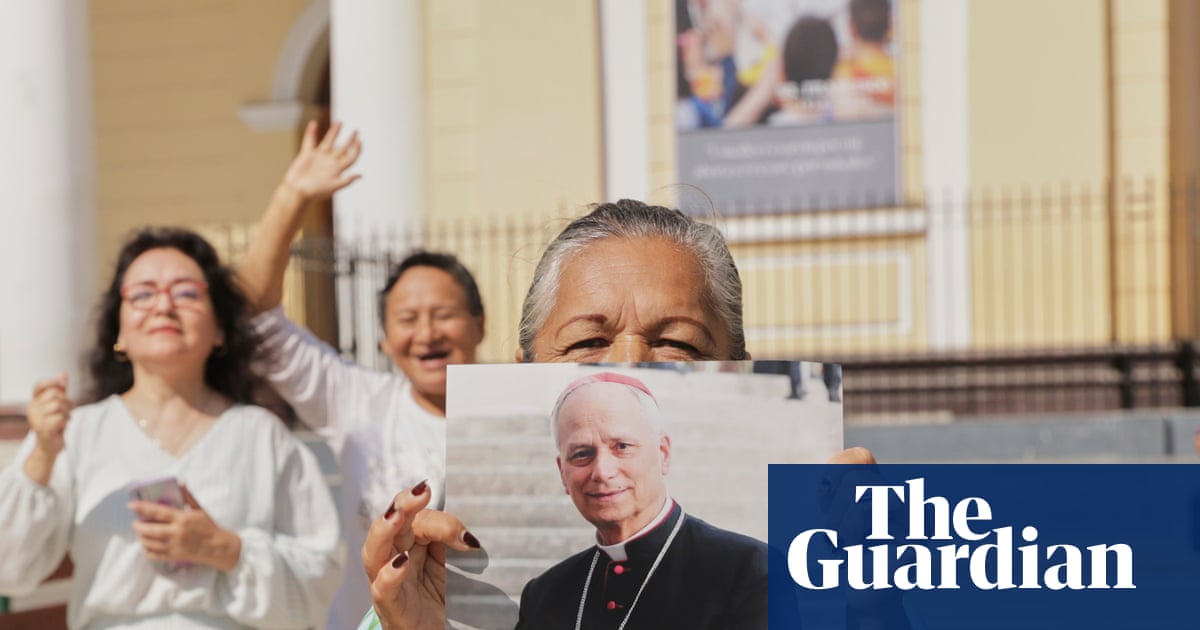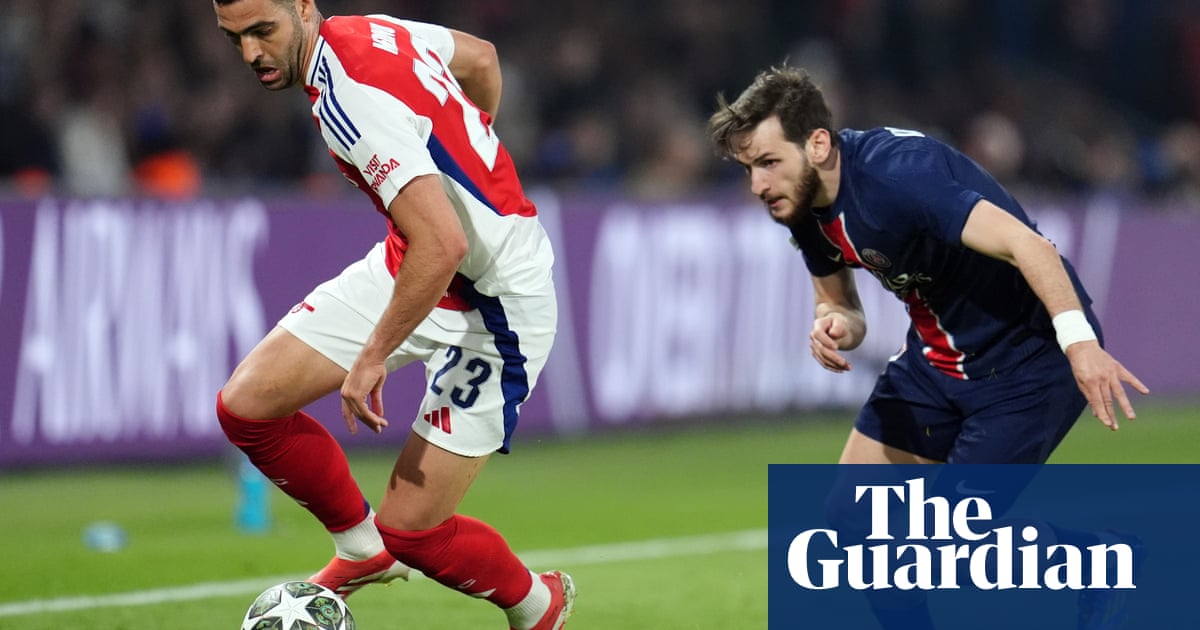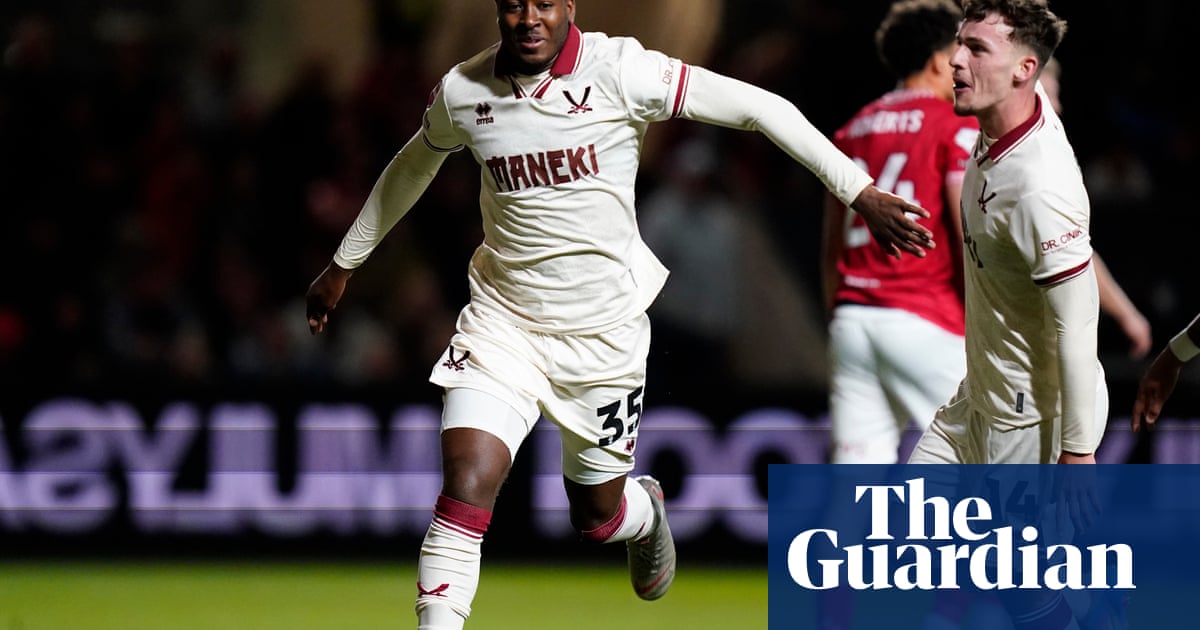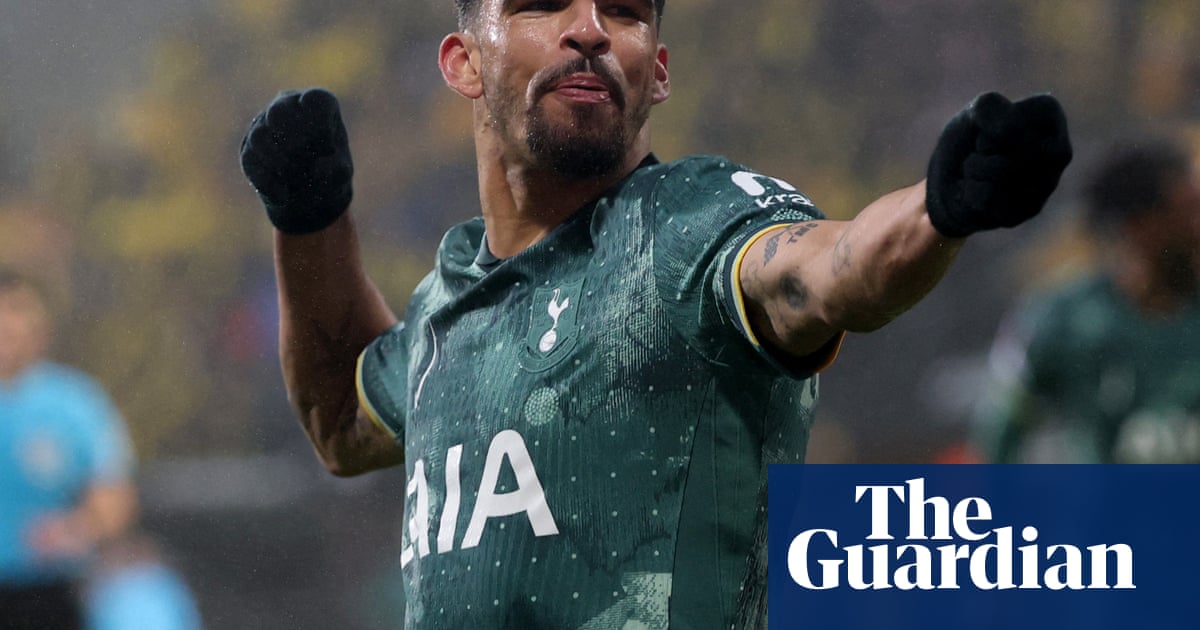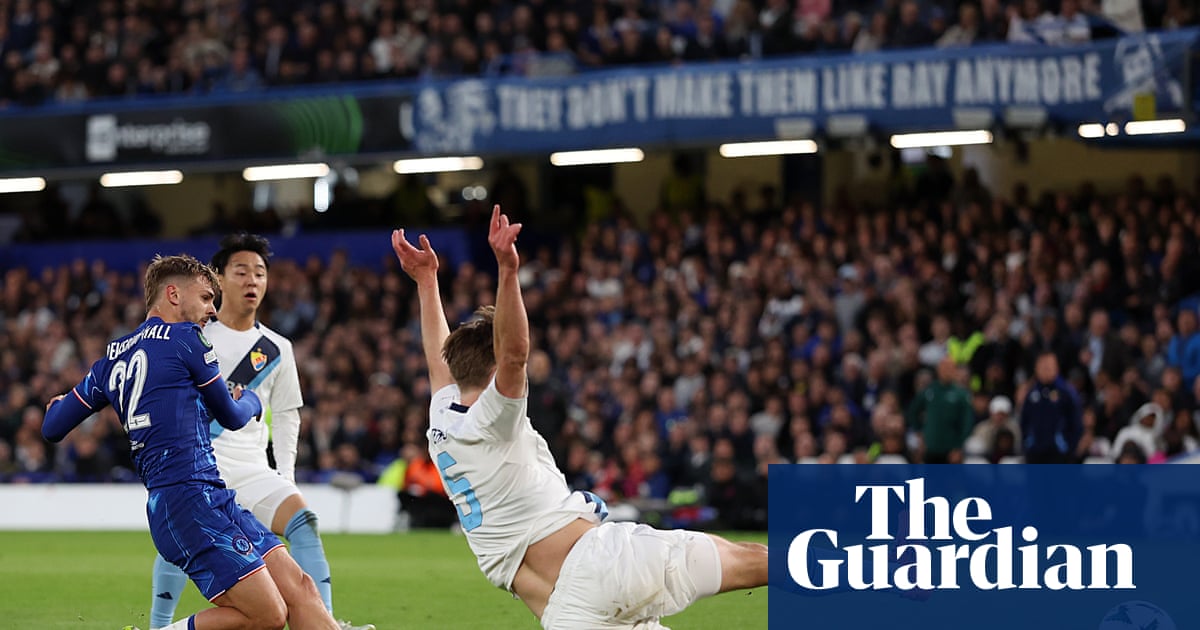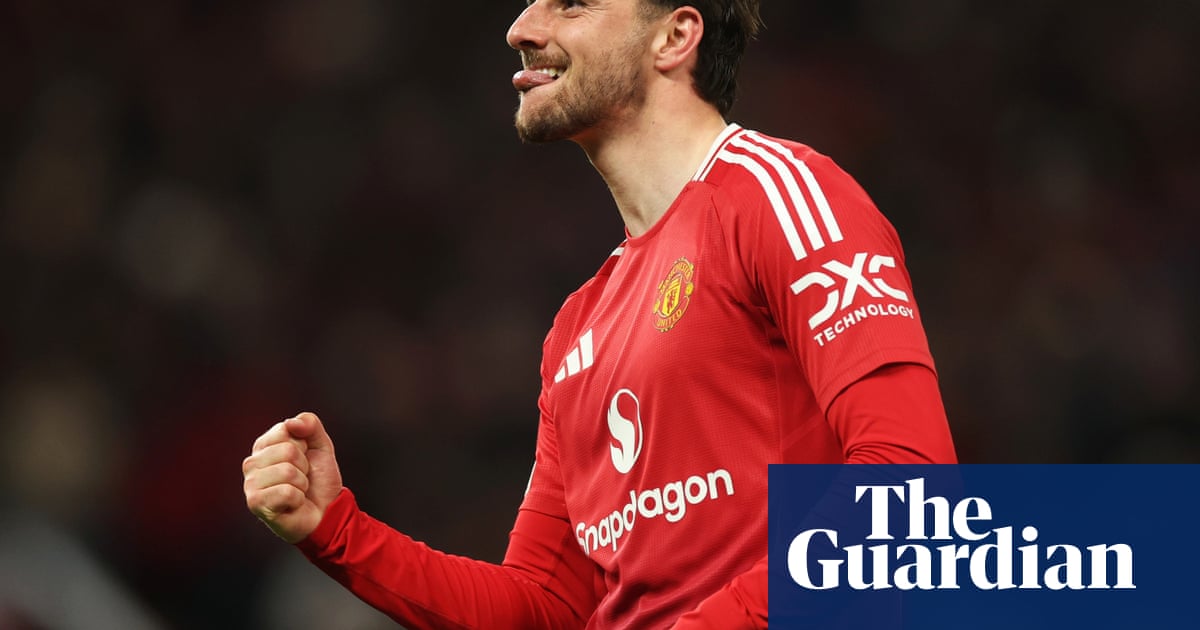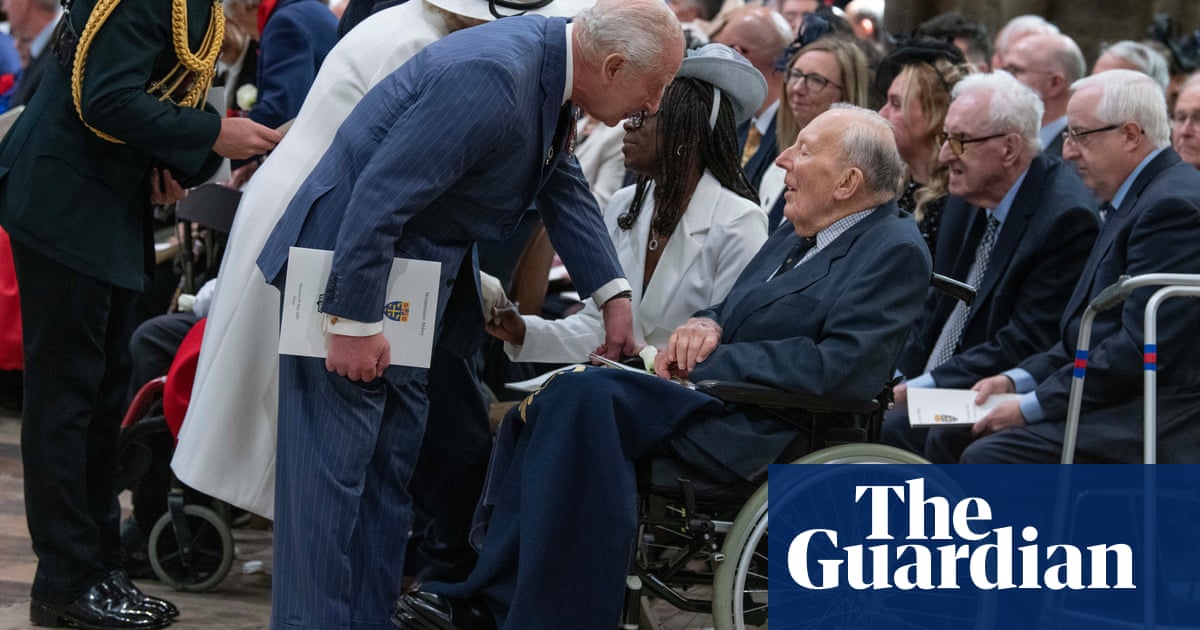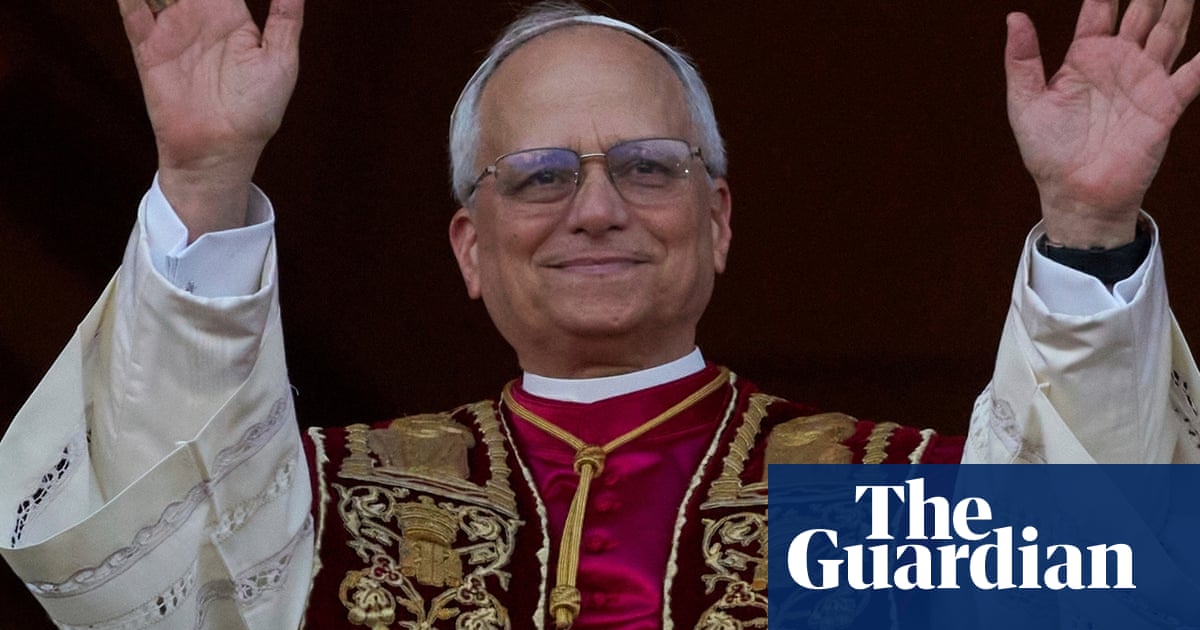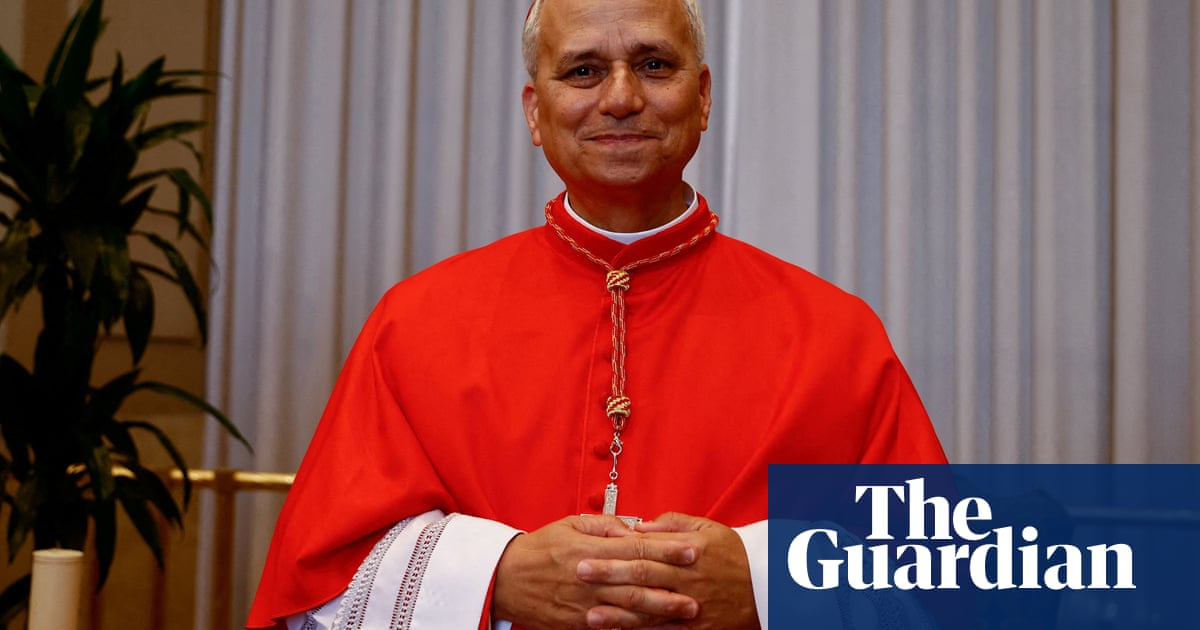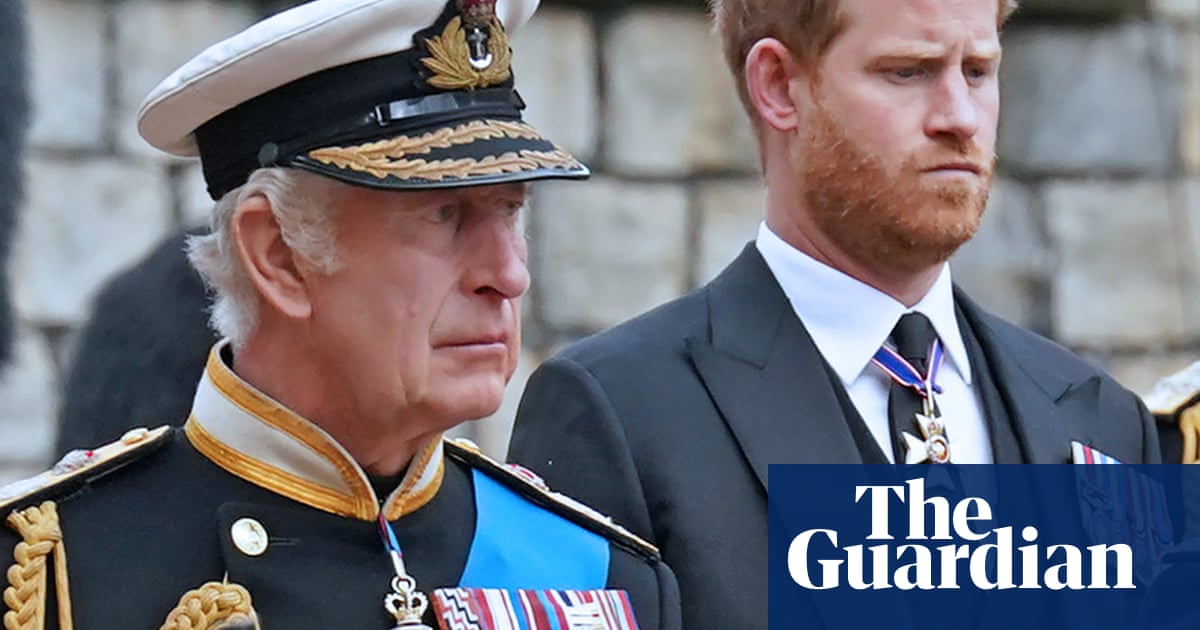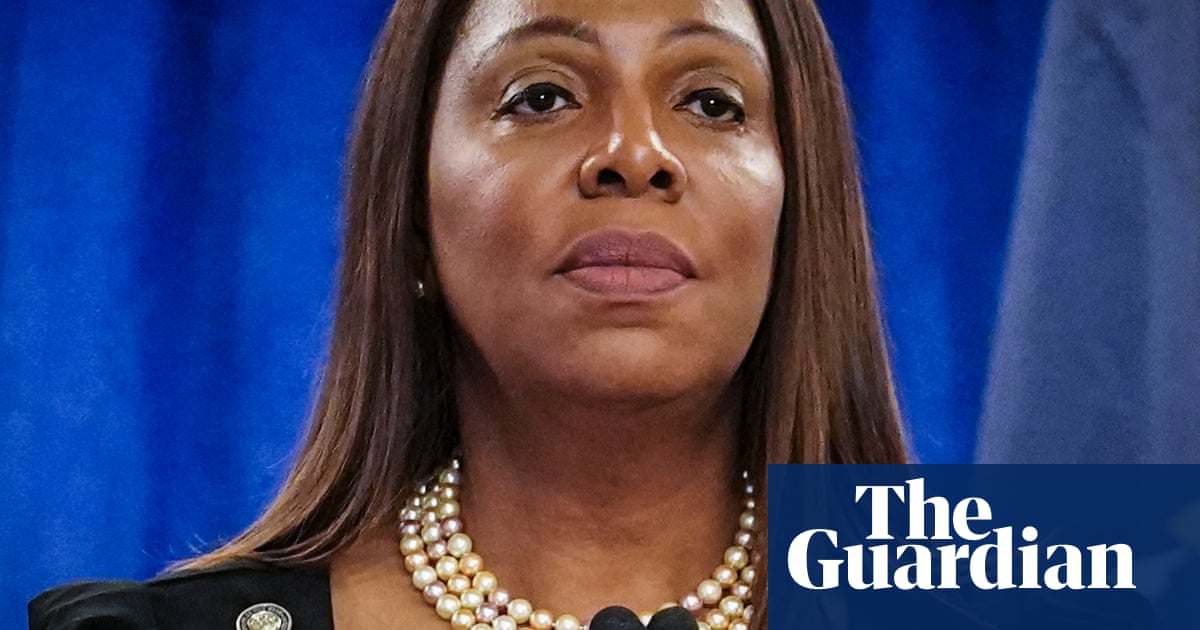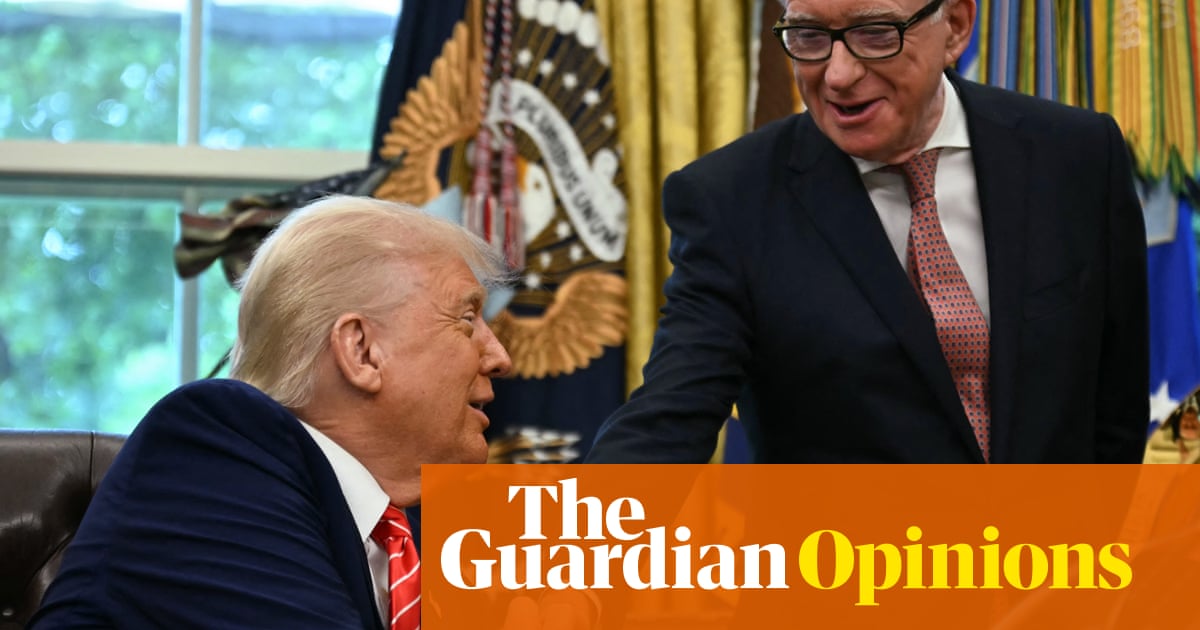Most of the people killed by a gunman in the Swedish city of Örebro last week had an immigrant background, police have said, after the prime minister paid tribute to the victims as “people who wanted to do something good, who wanted to contribute to a better society”.
Among those understood to have been killed in Sweden’s deadliest mass shooting, which took place at an adult education centre on Tuesday, were two Syrian men, both refugees, an Eritrean woman, an Iranian woman and a female teacher from Kurdistan.
Niclas Hallgren, the deputy regional police chief for Bergslagen, told SVT: “Most of the victims in the school shooting had a foreign background. Ethnicity is a circumstance that the police have taken into account since early in the investigation when assessing a possible motive.” He added: “It is too early to say that there is a specific reason behind the act.”
Prosecutors said on Monday they had confirmed the identity of the gunman, widely named in the media as Rickard Andersson, 35. He is believed to have killed himself along with 10 others when he attacked Campus Risbergska, an adult education centre where he once attended classes.
In a televised speech on Sunday night, the prime minister, Ulf Kristersson, said a national one-minute silence would be held on Tuesday at midday, a week on from the attack. “Sweden is a country in mourning,” he said.
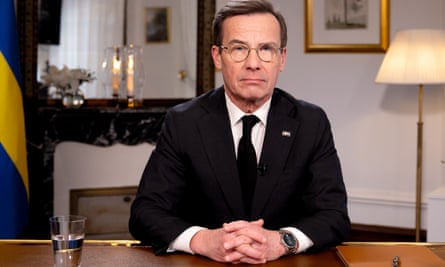
Paying tribute to the victims, seven women and three men aged between 31 and 68, Kristersson said: “They came from different places in the world and had different dreams. They were in school to lay the foundation for the future that has now been taken away from them.”
Students at Risbergska, which offers courses including in nursing and the Swedish language, were studying to “realise their ambitions”, he said. “These were people who wanted to do something good, who wanted to contribute to a better society.”
Police have not officially named the victims, but among those named in local media are Salim Iskef, 28, who was studying care. The Syrian refugee phoned his fiancee moments before he died to tell her he had been shot and that he loved her.
Elsa Teklay, 32, had four children and had been working in schools and in elderly care since she and her family left Eritrea for Sweden. Bassam Al Sheleh, 48, was a baker and father of two from Syria who had been studying to improve his Swedish.
Aziza, 68, whose surname has not been reported and who came to Sweden from Kurdistan in the 1990s, was a maths teacher at the education centre. Her family said she had moved to Sweden to be safe and had since helped countless people in their lives to build their careers.
In his address, Kristersson, who leads a centre-right coalition supported by the far-right Sweden Democrats, called on the country to rally behind the victims and their grieving families. “When the perpetrator attacked them, he attacked all of us,” he said.
“Hate is not defeated by more hate, but by us uniting and uniting behind all that we love in our country, all that we want to protect and build on.”
Citing the words of the queen, Silvia, who last week during a visit to the school asked: “Where did the beautiful Sweden go?”, Kristersson said there was “only one Sweden”.
“Not us and them. Not young or old. Not born here or born abroad. Not countryside or city. Not right or left,” he said. “We can be different and think differently, but it is our shared responsibility to build this country and to protect it. Especially when so much feels dark.”
Magdalena Andersson, the former prime minister and leader of the main opposition party, the Social Democrats, said in a television appearance alongside Kristersson on Sunday night that “words matter’ and that people with immigrant backgrounds who had been left feeling fearful and excluded by the mass shooting had been failed. She said: “We must use this opportunity to create a turning point in our society.”
Last week, the government announced plans to strengthen its gun laws, including by restricting access to semi-automatic weapons, after the gunman was found to have had a licence to own four weapons, three of which were found beside him.

 2 months ago
53
2 months ago
53
